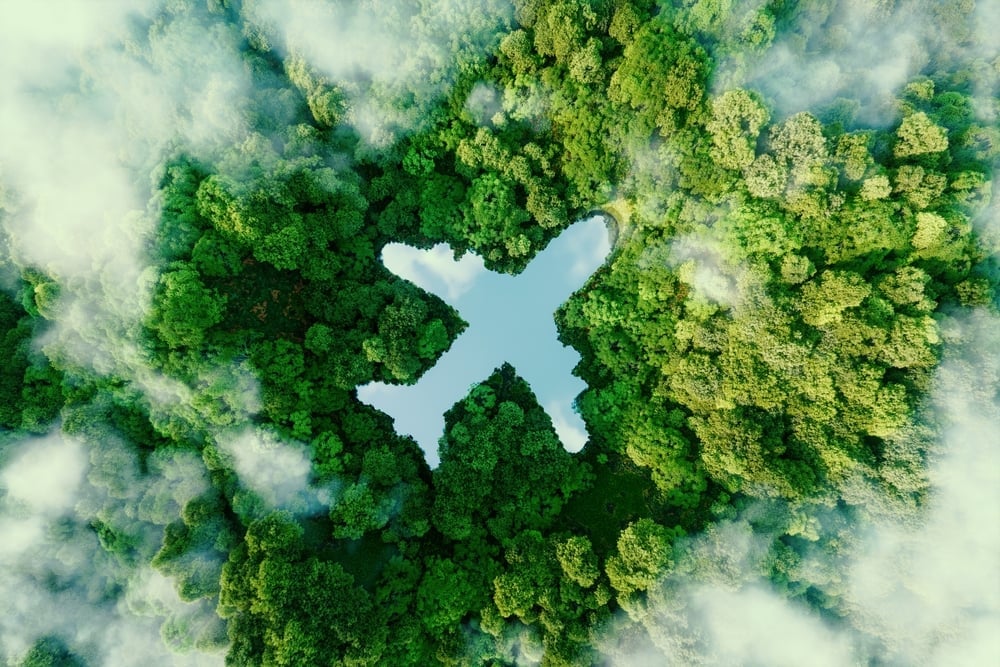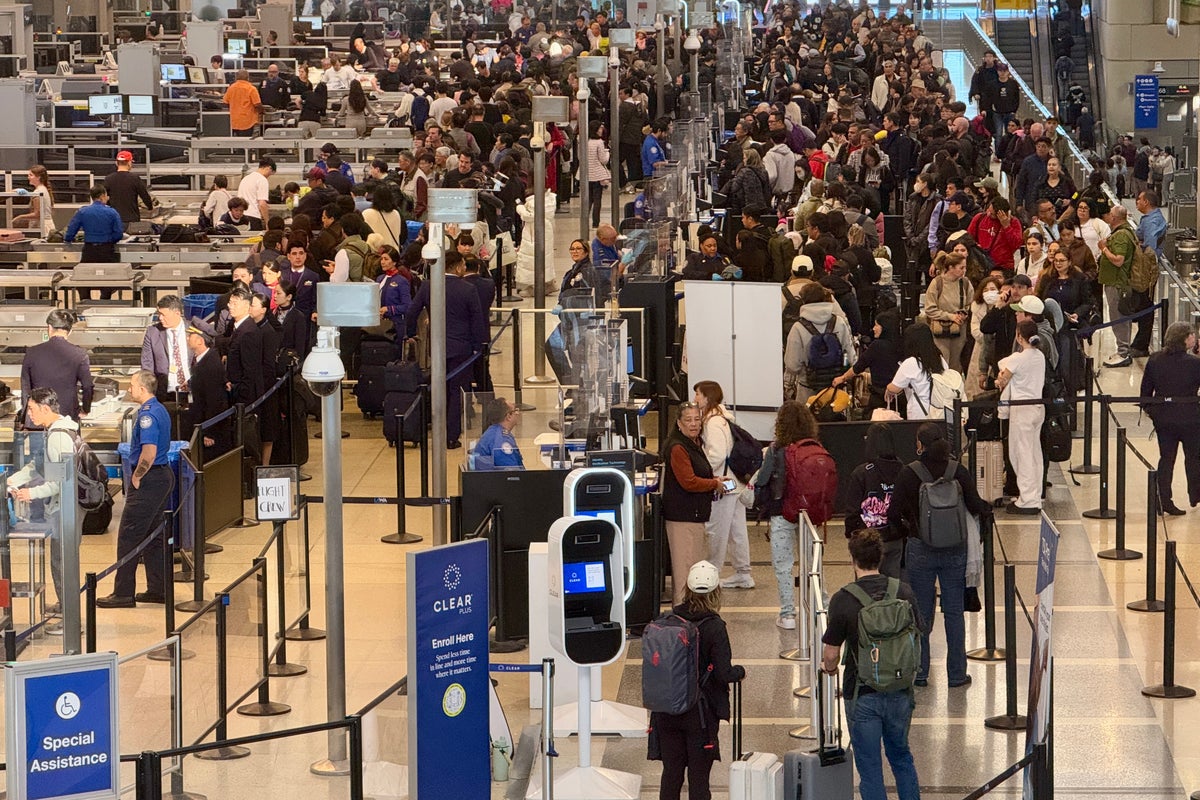What You Need to Know About the UNs Latest Sustainability Goals in Tourism
Written by Ritesh Raj, Co-Founder and COO The United Nations (UN) recently launched its latest sustainability goals, building upon the success of the Millennium Development Goals (MDGs) which expired in 2015. The new goals, known as the Sustainable Development...

Written by Ritesh Raj, Co-Founder and COO
The United Nations (UN) recently launched its latest sustainability goals, building upon the success of the Millennium Development Goals (MDGs) which expired in 2015. The new goals, known as the Sustainable Development Goals (SDGs), aim to address social, economic, and environmental challenges to create a more sustainable world by the year 2030.
Included in these are sustainability goals to specifically address the challenges and impacts of travel on a global scale. Recognizing the significant implications of the travel industry, the UN’s latest sustainability goals focus on promoting sustainable tourism, responsible consumption, and conserving biodiversity.

Sustainable Tourism Practices
Goal 12 of the UN’s latest SDGs reads “Responsible Consumption and Production”, and encompasses the need to promote sustainable practices in the tourism sector. This goal encourages tourism businesses and destinations to adopt sustainable policies and practices that minimize resource consumption, waste generation, and environmental impacts. It emphasizes the importance of educating tourists about responsible travel and promoting cultural exchange and understanding.
Browse sustainable stays around the world, here!

Fair Trade Travel
In addition to responsible consumption, the UN also aims to ensure that tourism contributes positively to local communities and cultural preservation. Goal 8 of the SDGs, “Decent Work and Economic Growth,” highlights the significance of creating sustainable jobs and promoting economic growth while ensuring fair wages, safe working conditions, and equal opportunities for all people involved in the travel industry. This goal aims to prevent exploitative practices and empower local communities to benefit from tourism.

Biodiversity Protection
Furthermore, the UN emphasizes the importance of conserving and protecting biodiversity, which directly impacts many travel destinations. Goal 15 of the SDGs, “Life on Land,” emphasizes the need to protect, restore, and sustainably manage terrestrial ecosystems. This goal recognizes the value of natural landscapes and biodiversity in attracting tourists and providing livelihoods to local communities. It encourages the integration of conservation measures into tourism activities, such as promoting sustainable wildlife viewing, preserving natural habitats, and supporting local conservation efforts.
Moreover, the UN’s sustainability goals surrounding travel also emphasize the need to address the environmental impacts of transportation, especially air and marine travel. Goal 13, “Climate Action,” urges countries and industries to take urgent measures to combat climate change and its impacts. This includes promoting sustainable tourism transportation options, such as investing in renewable energy, improving energy efficiency, and supporting the development of low-carbon transport alternatives.
We’ve got eco-stays for every type of travel – browse here!

A Focus on Marine Conservation
Furthermore, Goal 14 of the SDGs, “Life Below Water,” highlights the significance of protecting and restoring marine ecosystems and resources. This goal calls for the reduction of pollution and the sustainable management of coastal and marine areas impacted by tourism. It encourages the implementation of sustainable practices in cruise tourism, diving, and other water-based activities to mitigate negative impacts on marine habitats.
Adventure travel is about to get a whole lot more sustainable. Browse top-rated stays here!
It is worth noting that achieving these sustainability goals requires collaboration and cooperation between governments, private sectors, tourism operators, and local communities. Key stakeholders in the travel industry must work together to develop and implement sustainable practices, policies, and regulations. This may involve promoting sustainable tourism certifications, creating guidelines for responsible travel, and fostering partnerships between tourism stakeholders and local communities.

 Fransebas
Fransebas 































